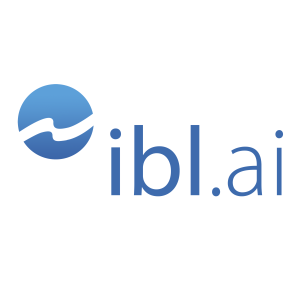
Thursday Mar 20, 2025
Hoover Institution: The Artificially Intelligent Boardroom
Summary of https://www.hoover.org/sites/default/files/research/docs/cgri-closer-look-110-ai.pdf
Examines the potential impact of artificial intelligence on corporate boardrooms and governance. It argues that while AI's influence on areas like decision-making is acknowledged, its capacity to reshape the operations and practices of the board itself warrants greater attention.
The authors explore how AI could alter board functions, information processing, interactions with management, and the role of advisors, while also considering the challenges of maintaining board-management boundaries and managing information access. Ultimately, the piece discusses how AI could transform various governance obligations and presents both the benefits and risks associated with its adoption in the boardroom.
-
AI has the potential to significantly transform corporate governance by reshaping how boards function, process information, interact with management and advisors, and fulfill specific governance obligations. Boards are already aware of AI's potential, ranking its increased use across the organization as a top priority.
-
AI can reduce the information asymmetry between the board and management by increasing the volume, type, and quality of information available to directors. This allows boards to be more proactive and less reliant on management-provided information, potentially leading to better oversight. AI tools can enable directors to search and synthesize public and private information more easily.
-
The adoption of AI will significantly increase the expectations and responsibilities of board members. Directors will be expected to spend more time preparing for meetings by reviewing and analyzing a greater quantity of information. They will also be expected to ask higher-quality questions and provide deeper insights, leveraging AI tools for analysis and benchmarking.
-
AI can enhance various governance functions, including strategy, compensation, human capital management, audit, legal matters, and board evaluations. For example, AI can facilitate richer scenario planning, provide real-time compensation benchmarking, identify skills gaps in human capital, detect potential fraud, monitor legal developments, and analyze board effectiveness. This may also lead to a supplementation or replacement of work currently done by paid advisors.
-
The integration of AI into the boardroom also presents several risks and challenges, including maintaining the separation of board and management responsibilities, managing information access, ensuring data security, addressing the potential for errors and biases in AI models, and avoiding "analysis paralysis". Boards will need to develop new protocols and skills to effectively utilize AI while mitigating these risks.
No comments yet. Be the first to say something!